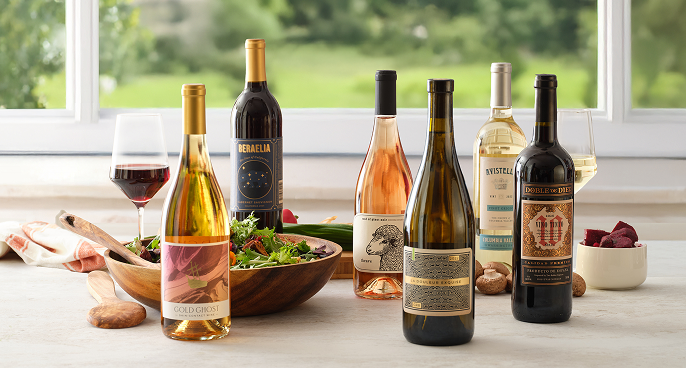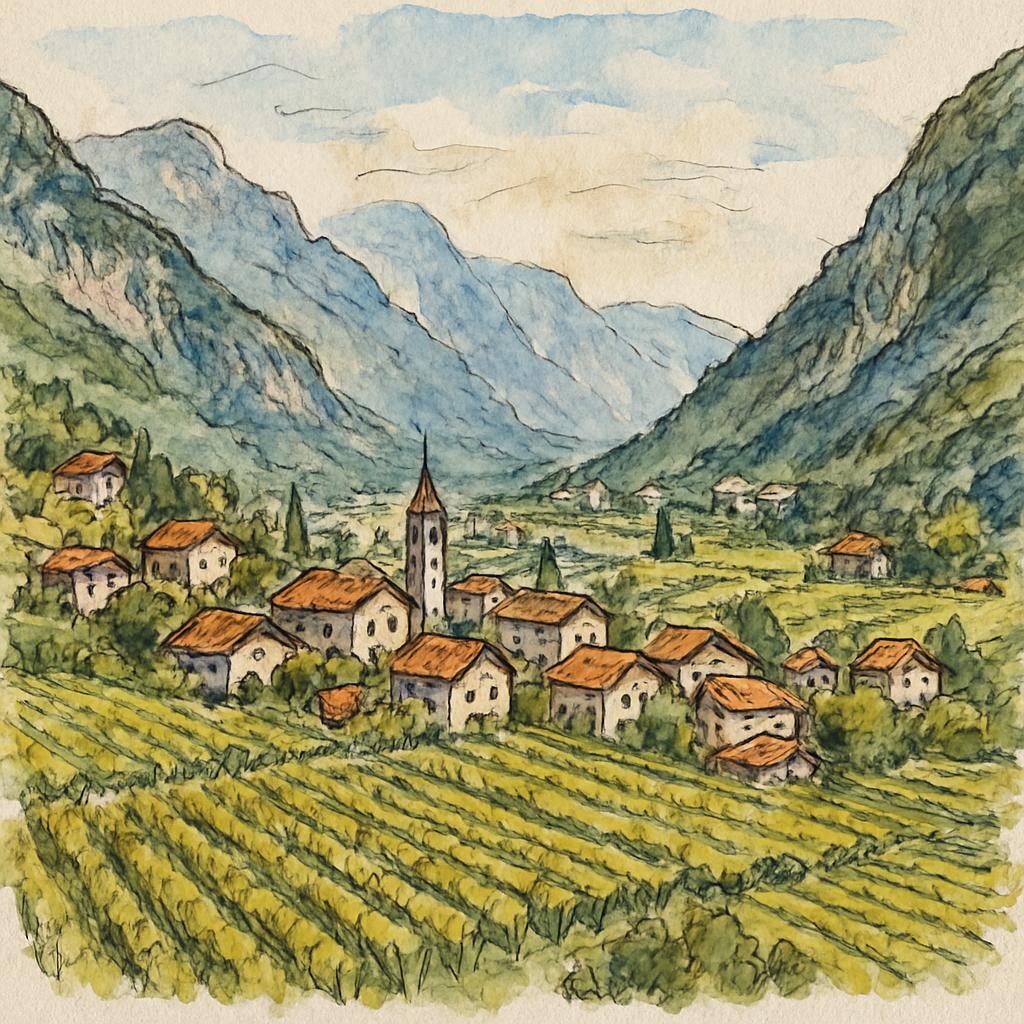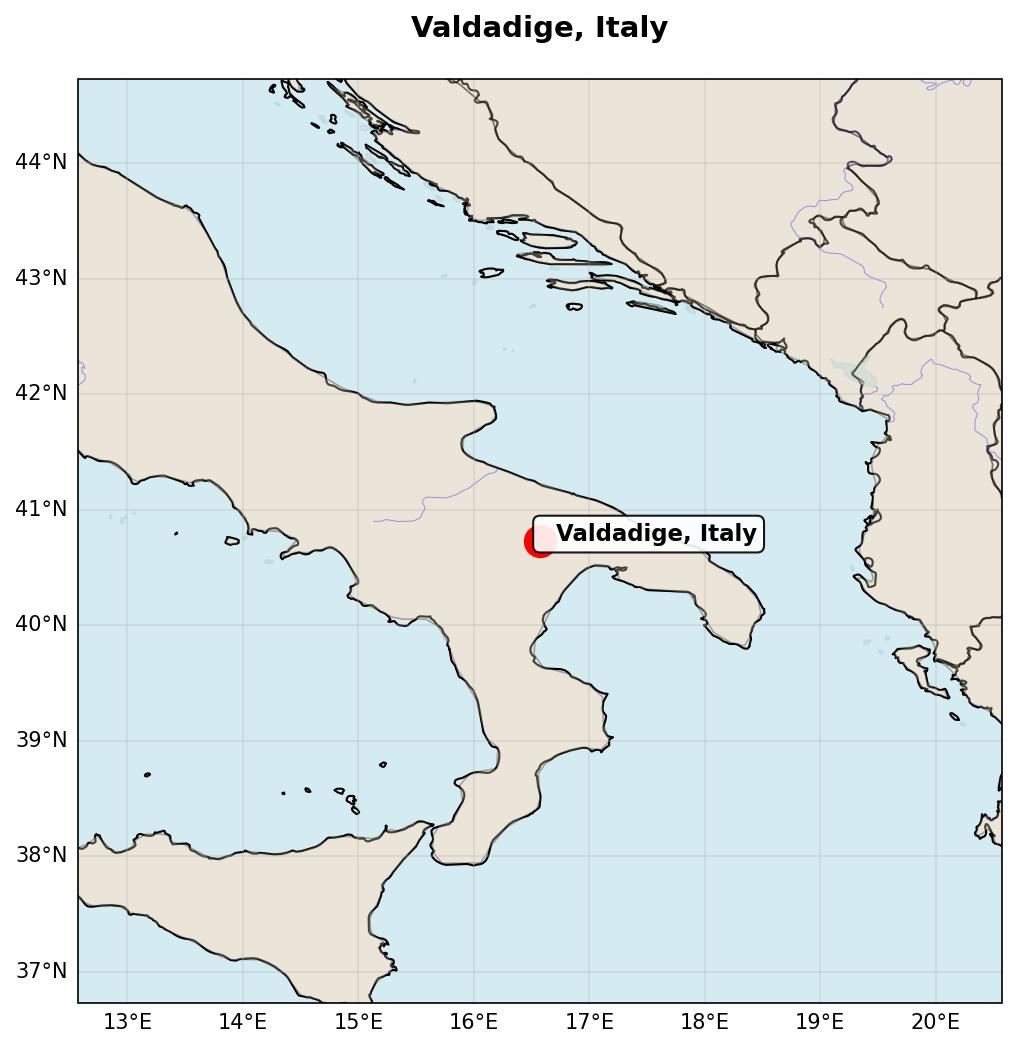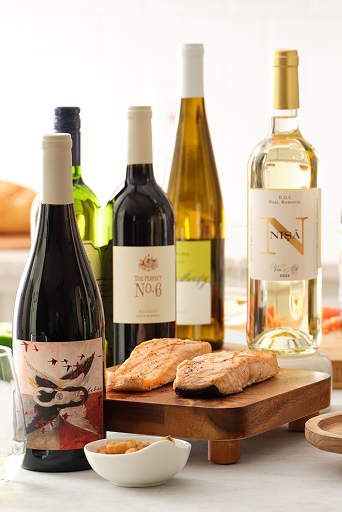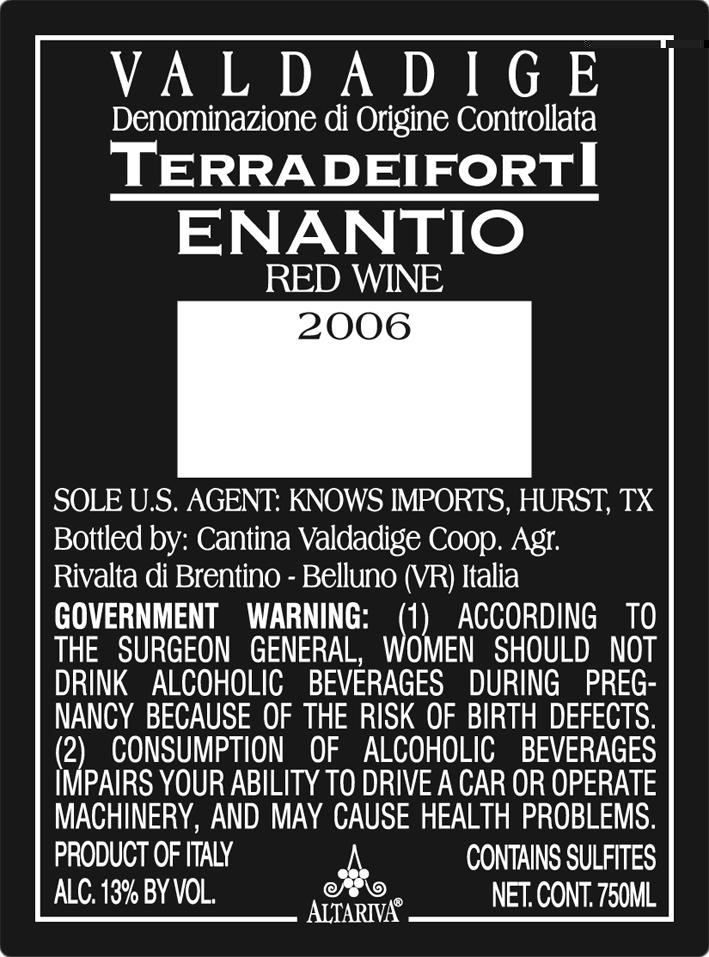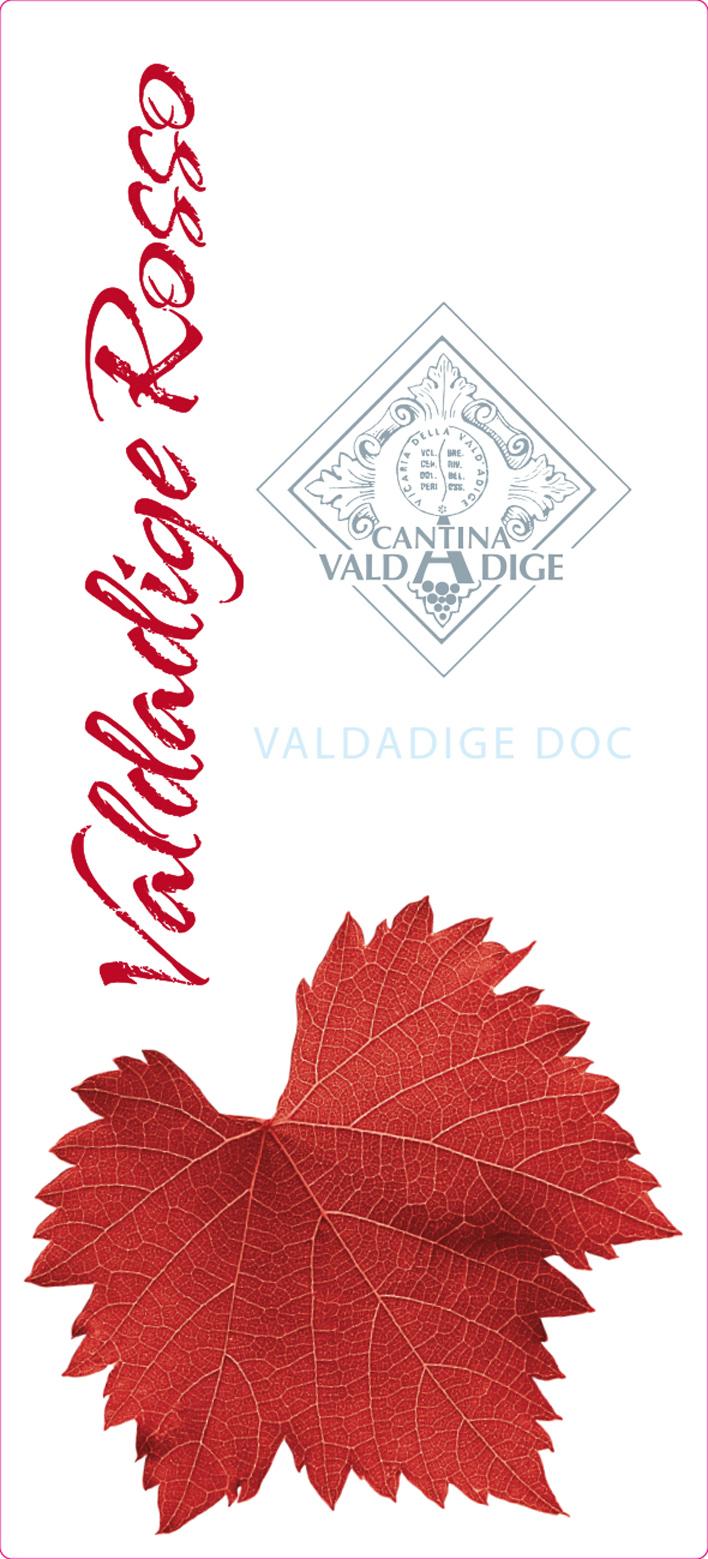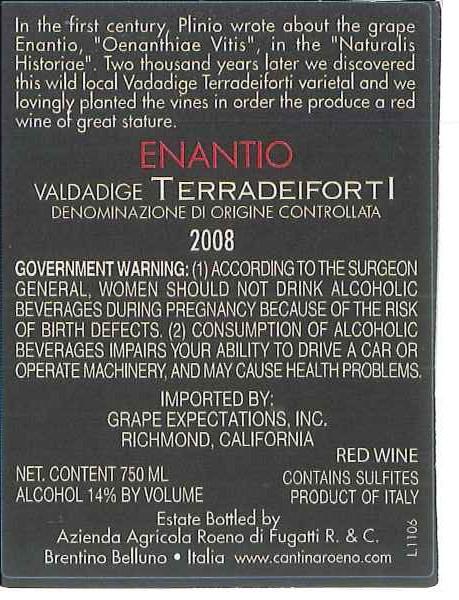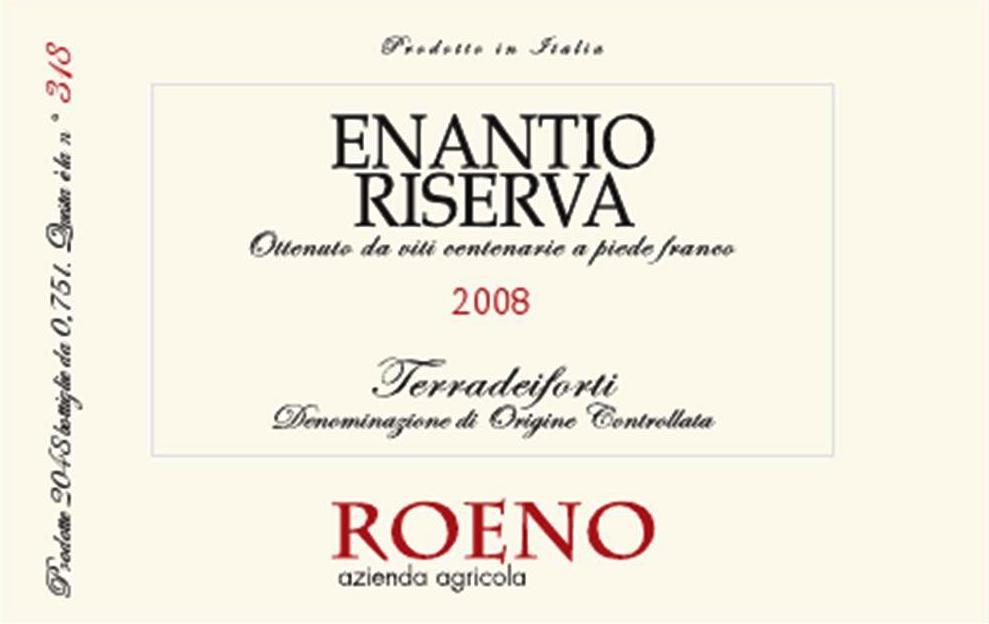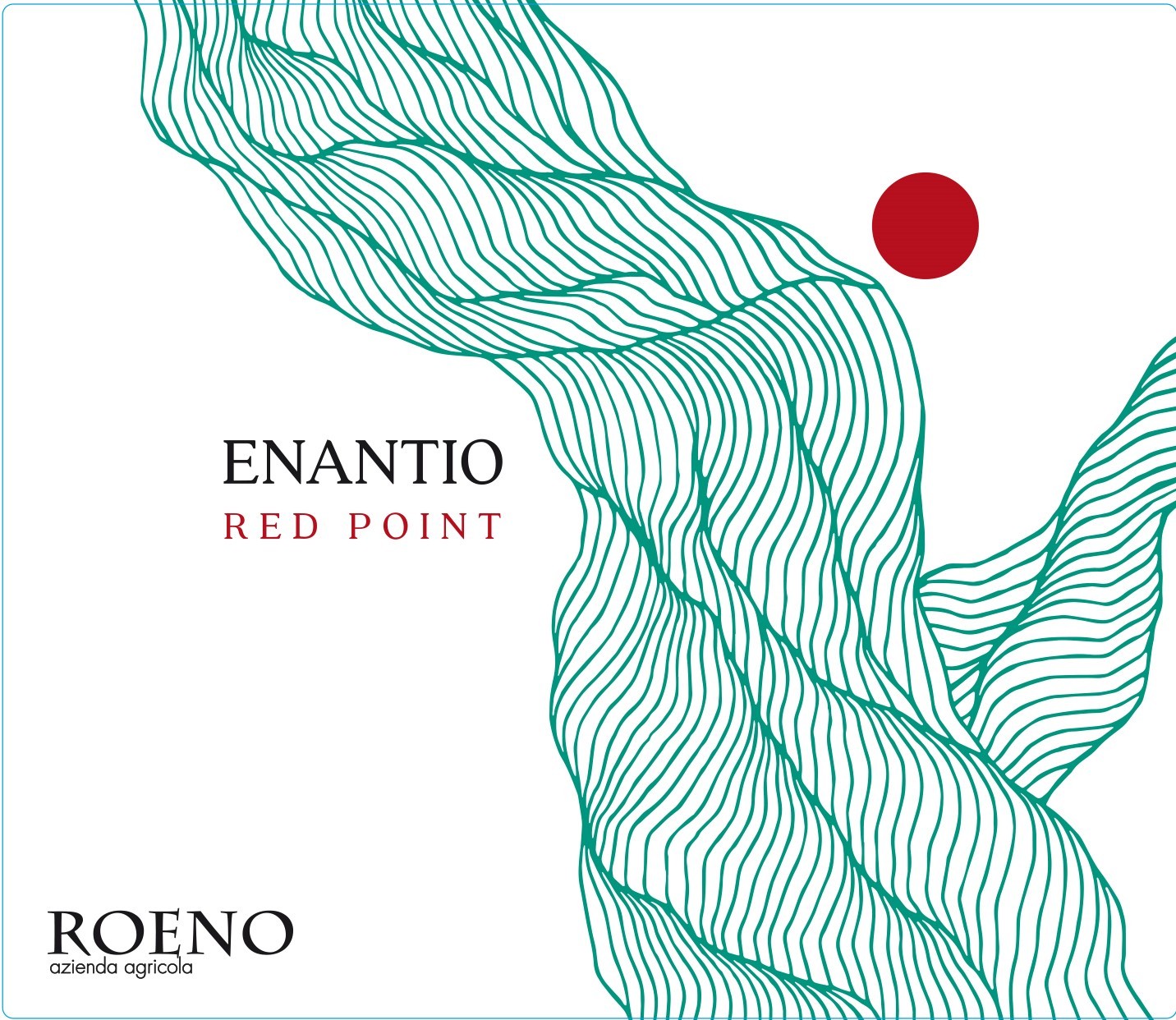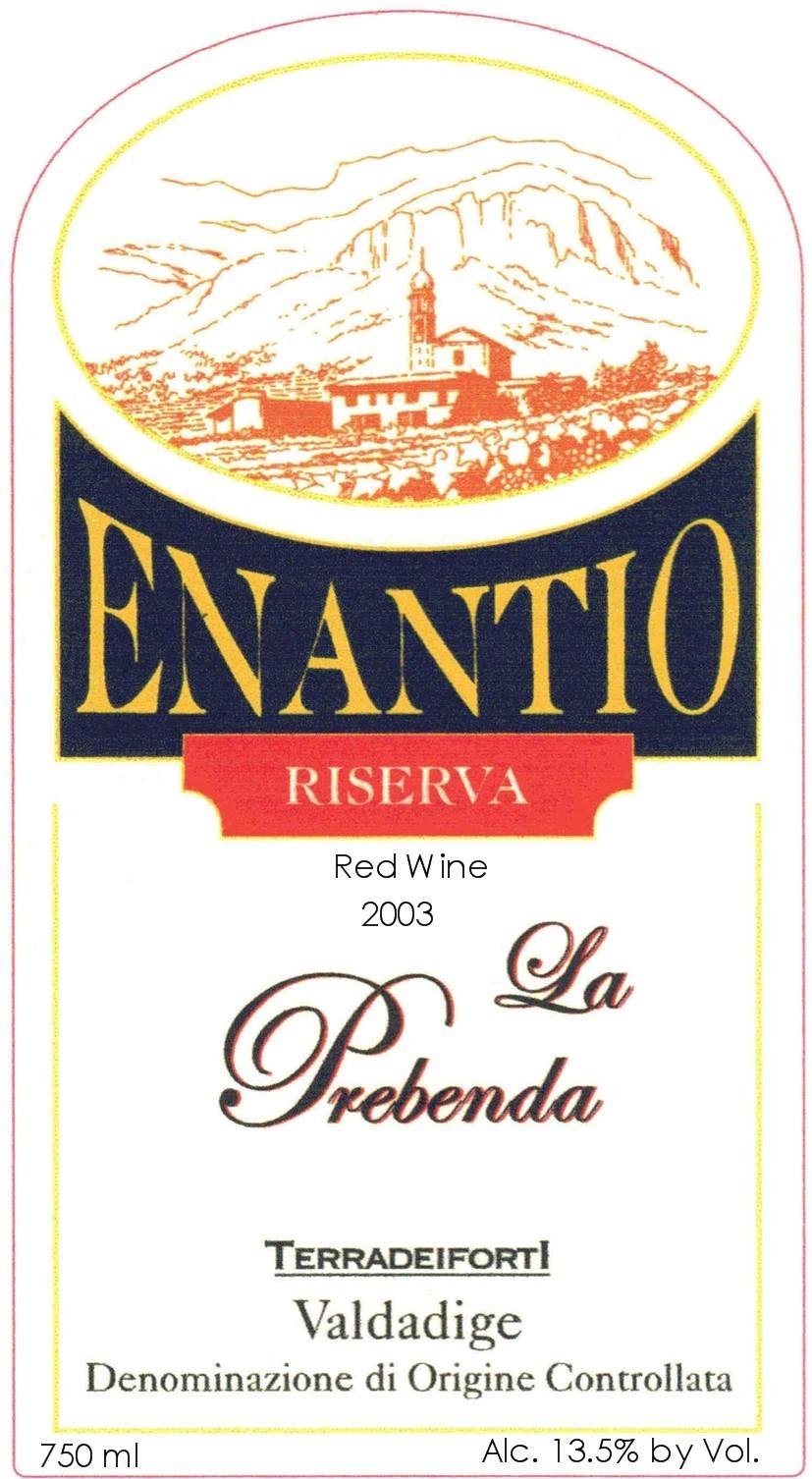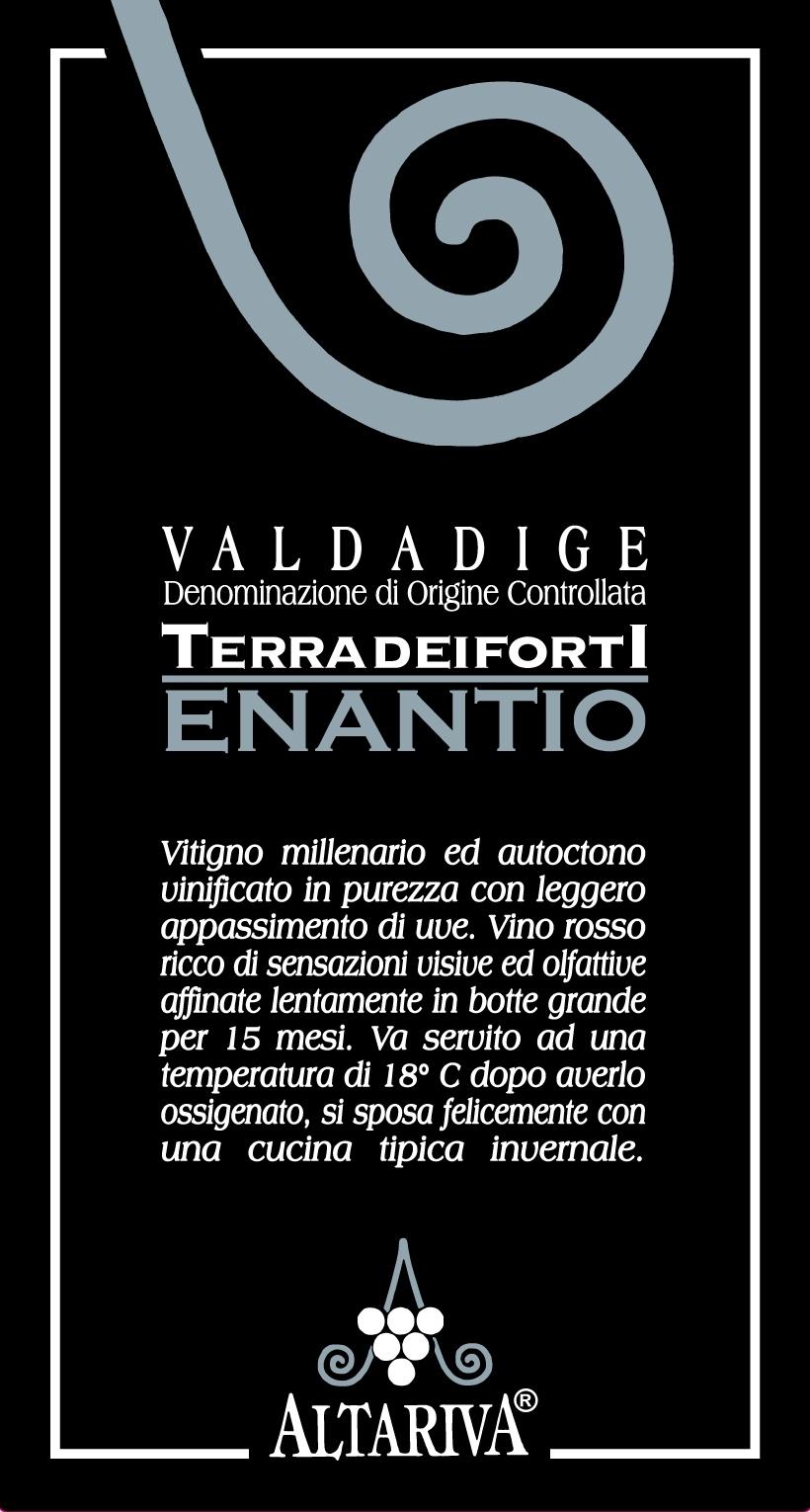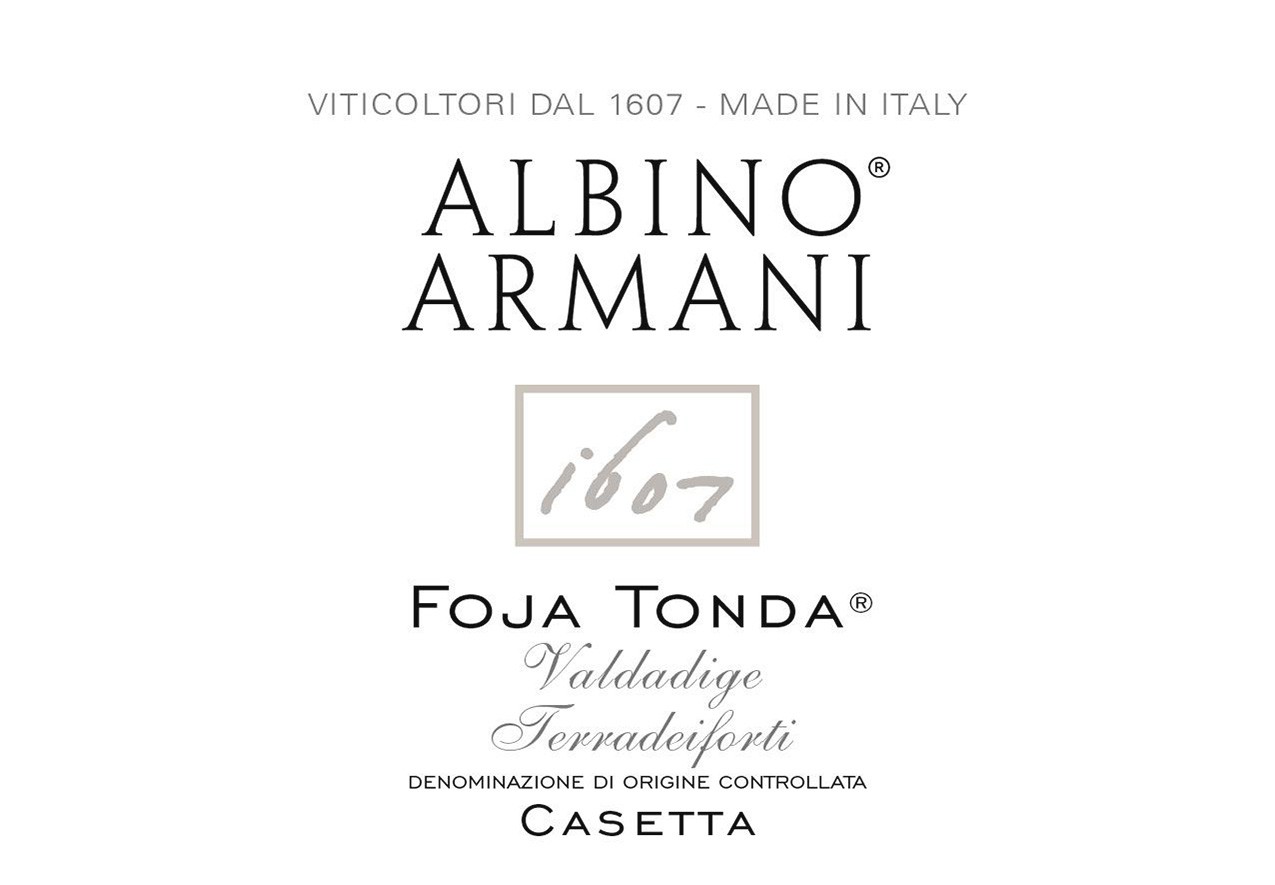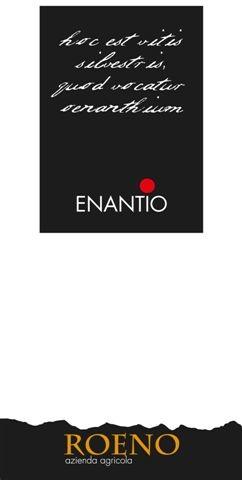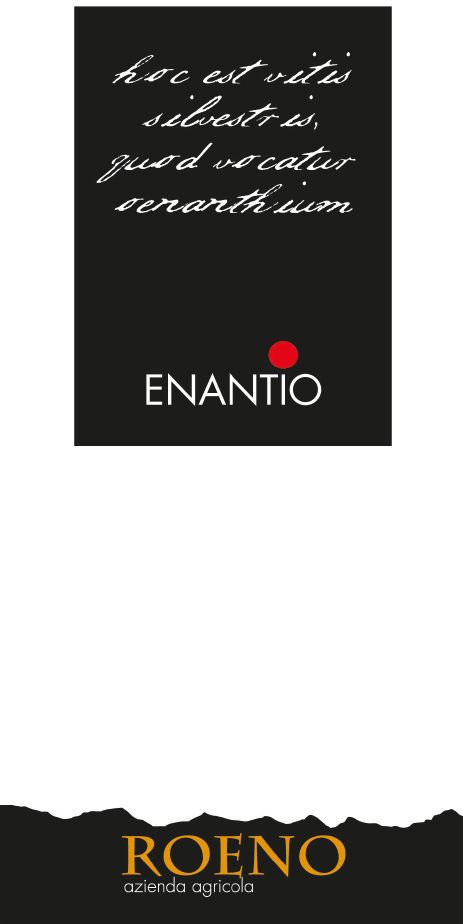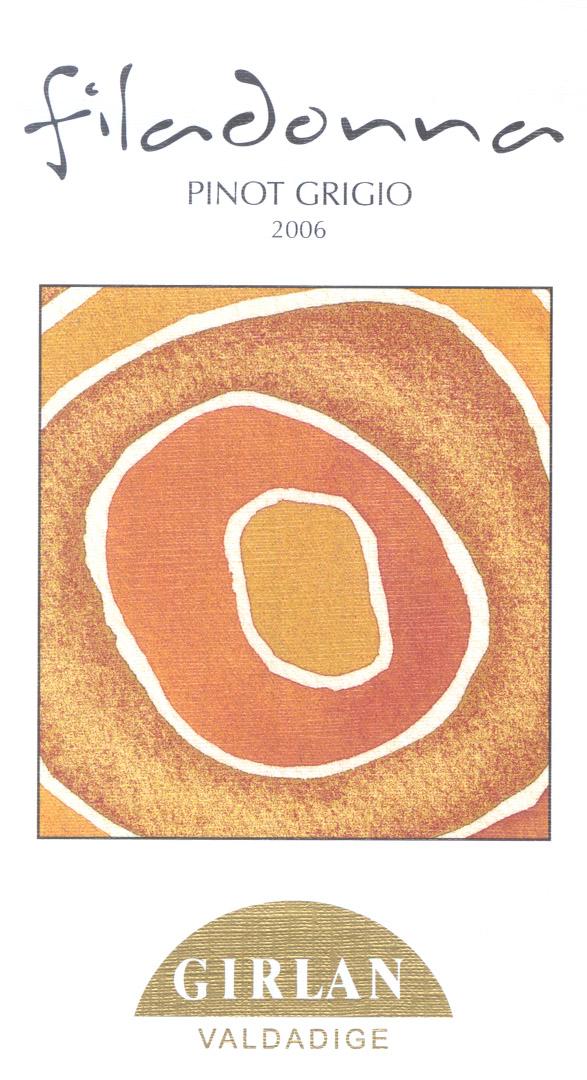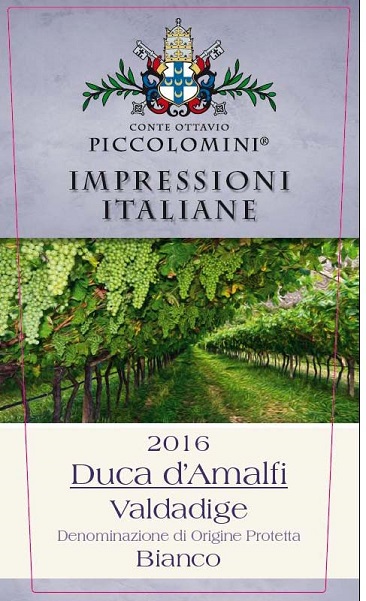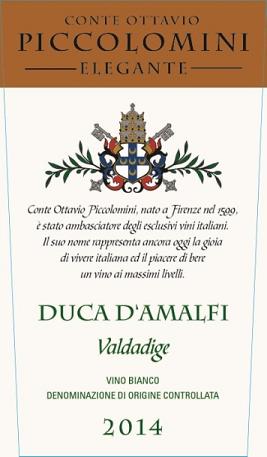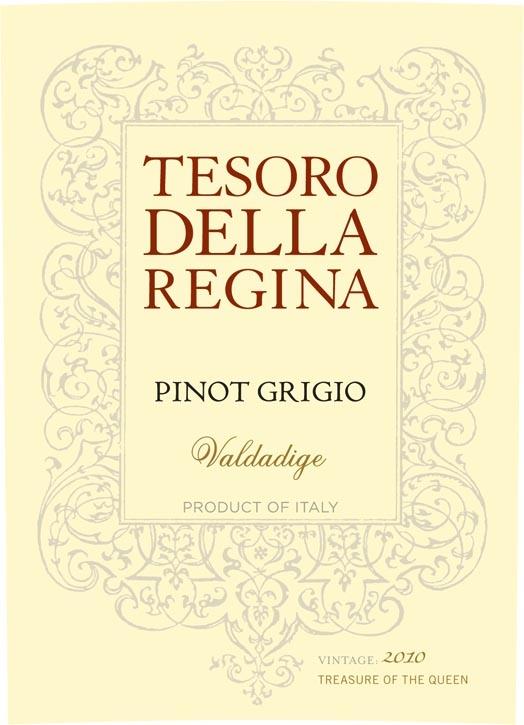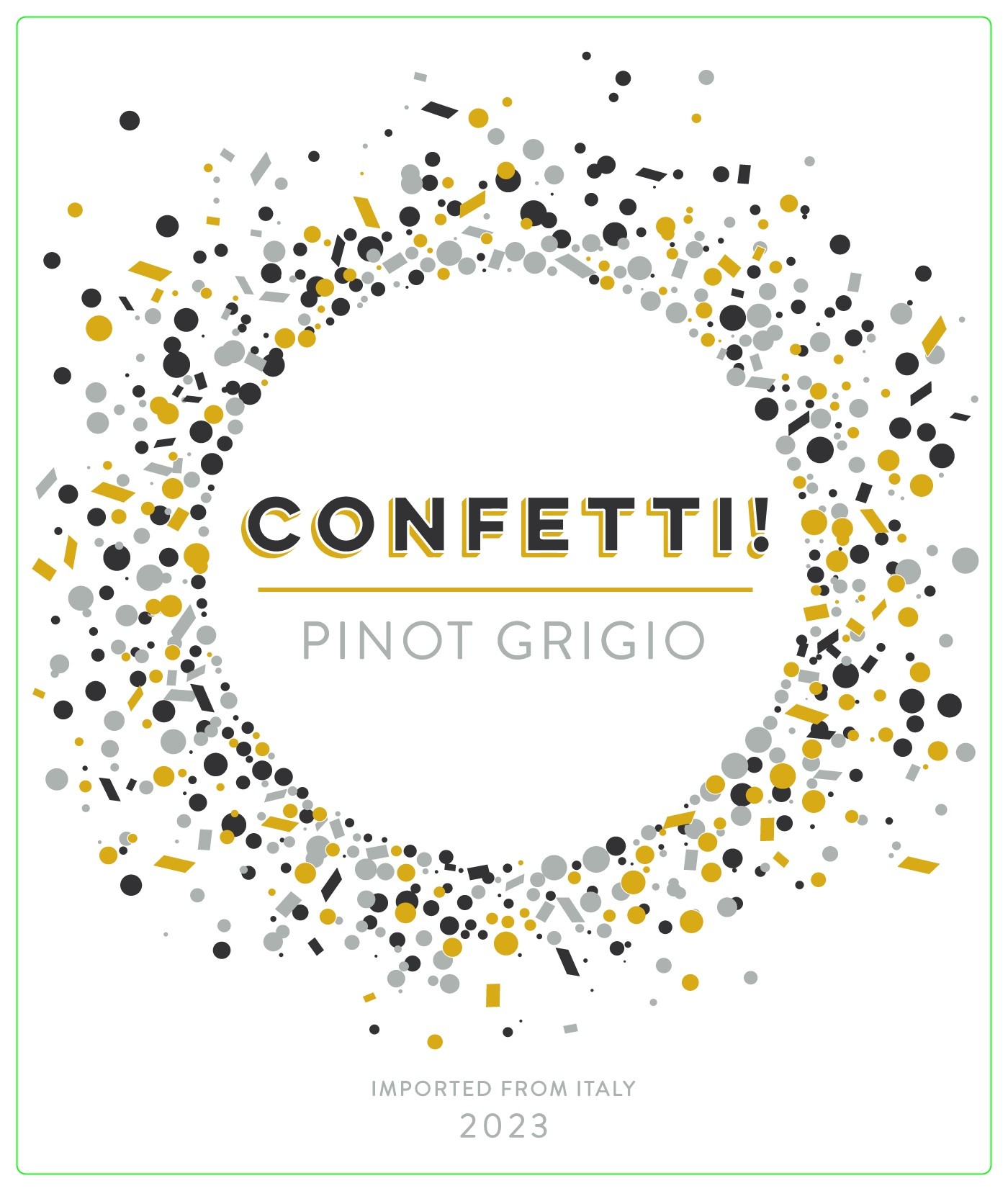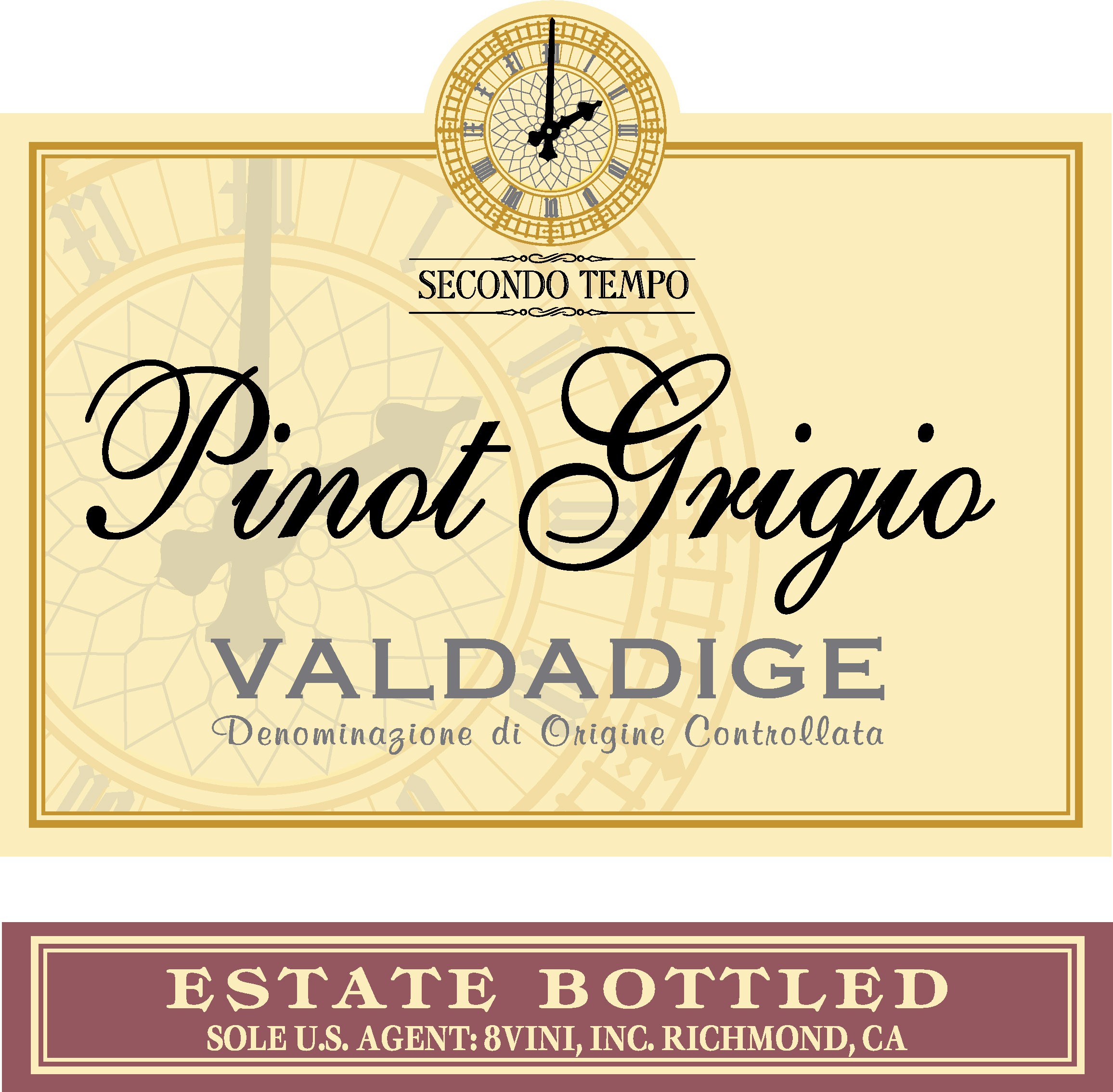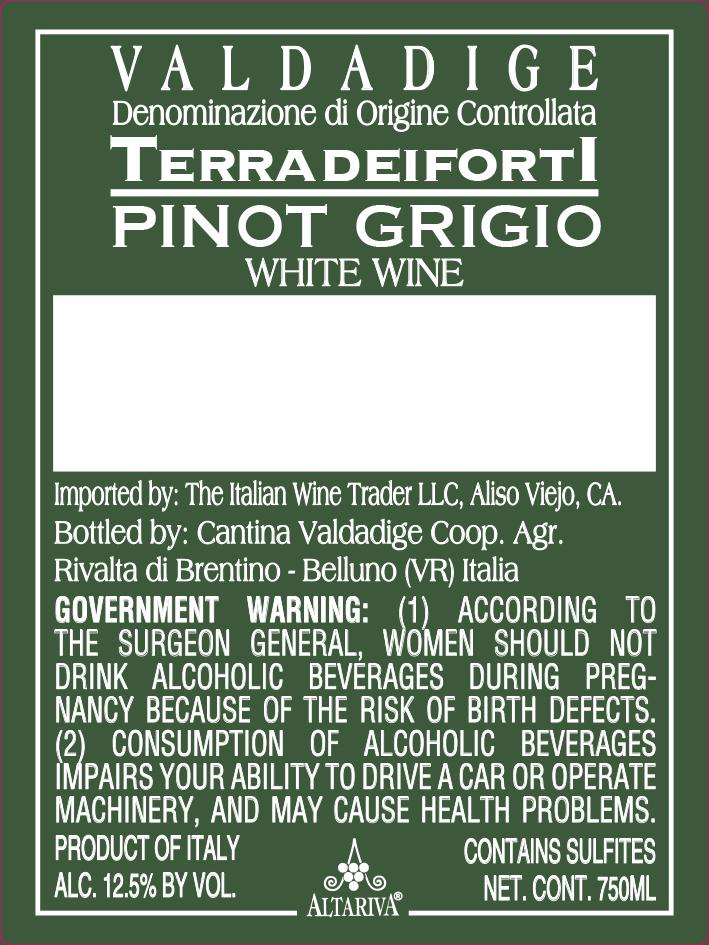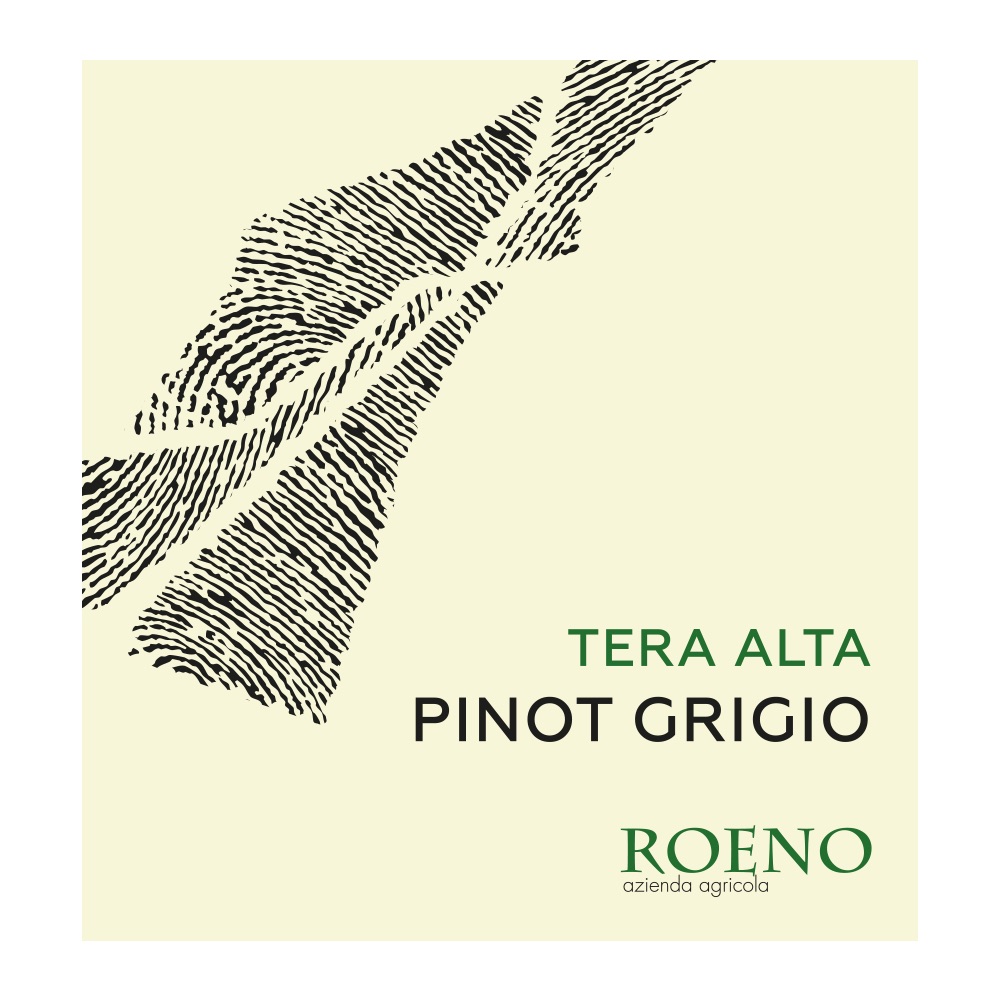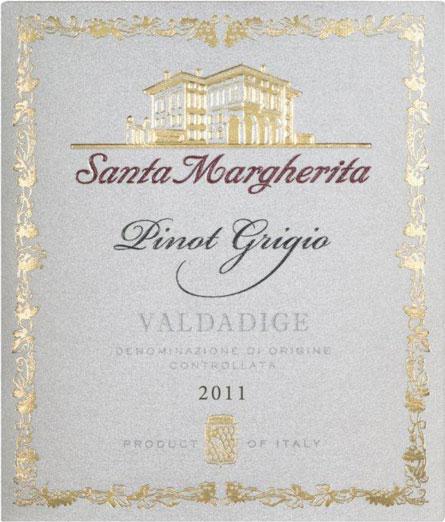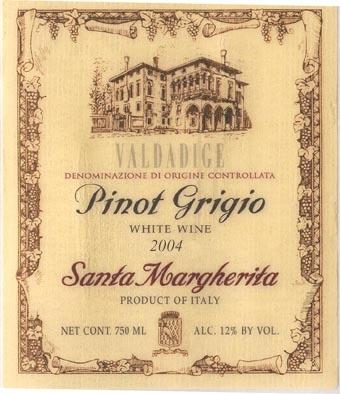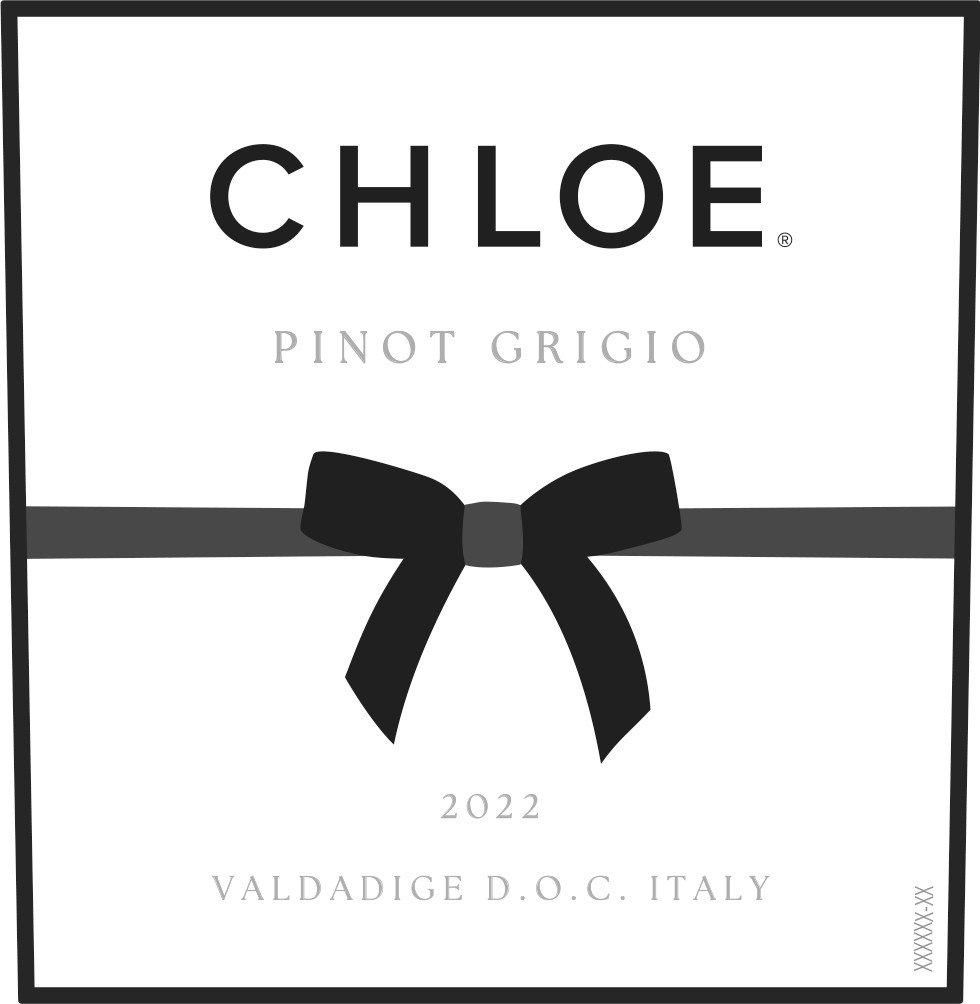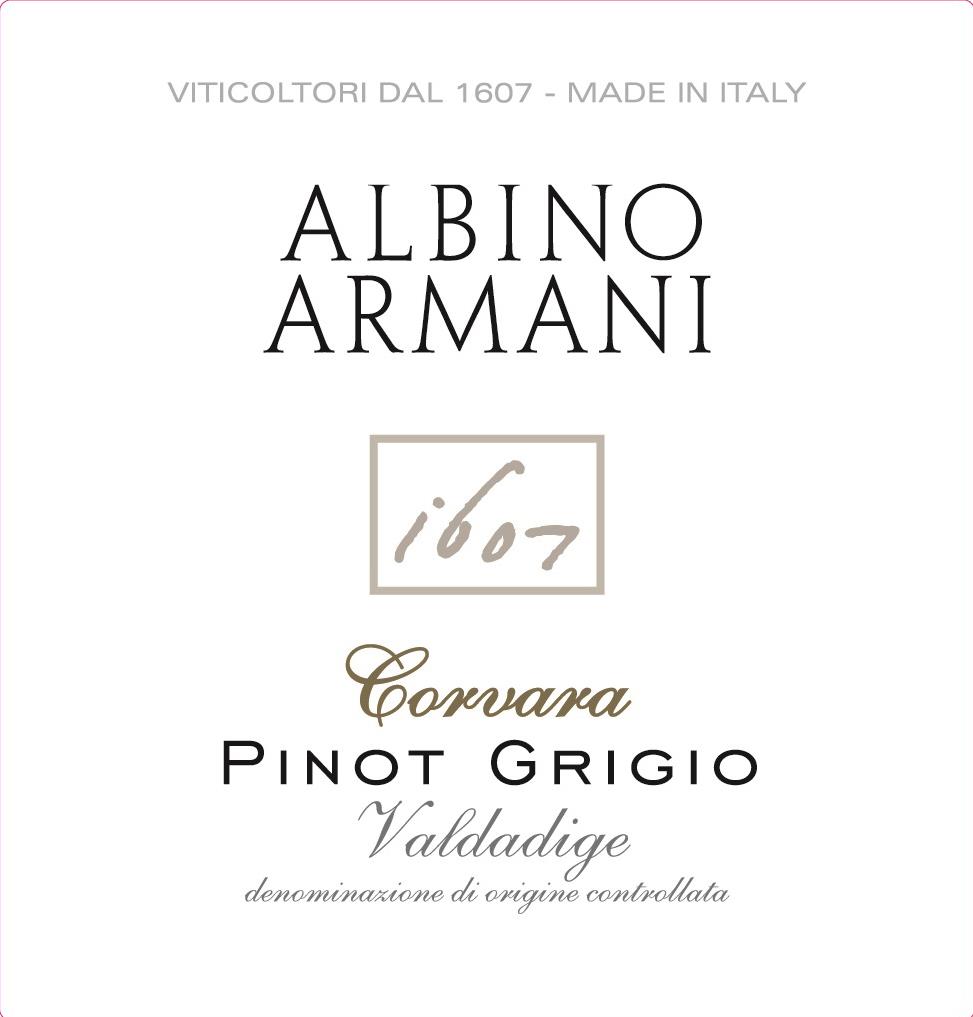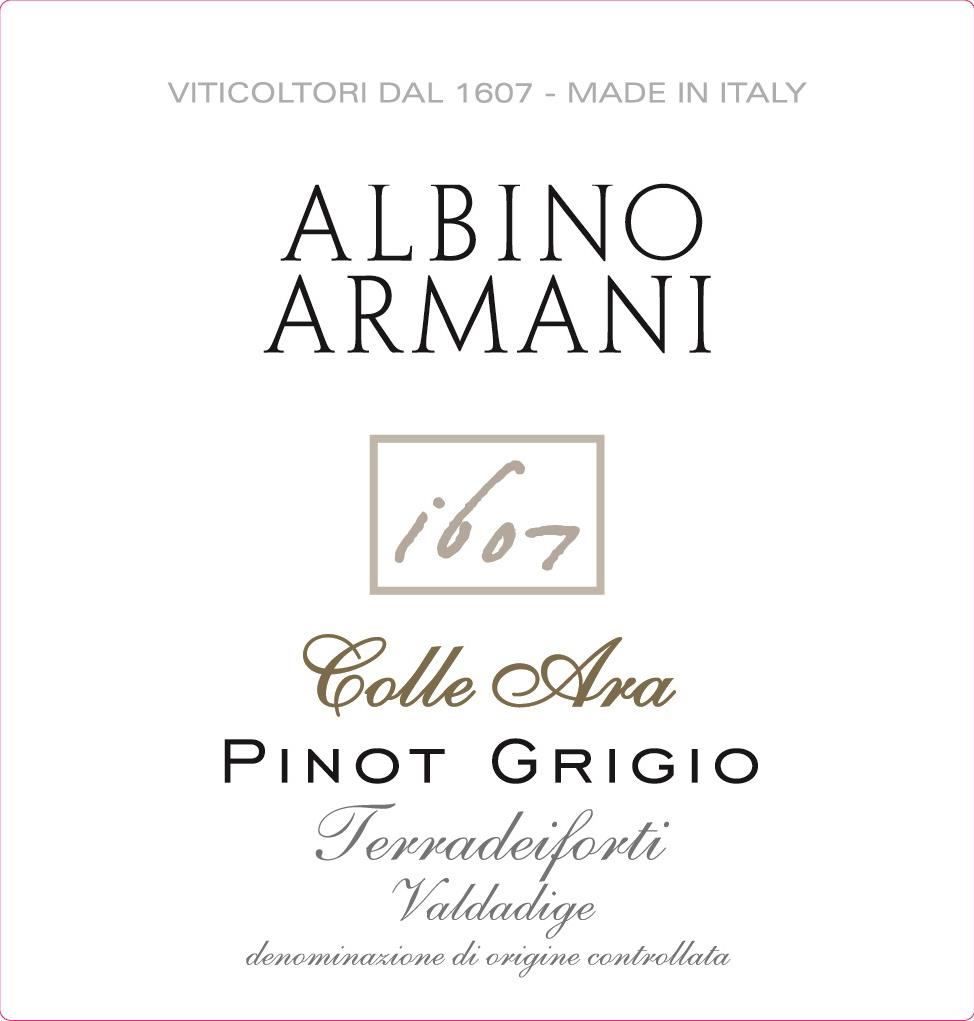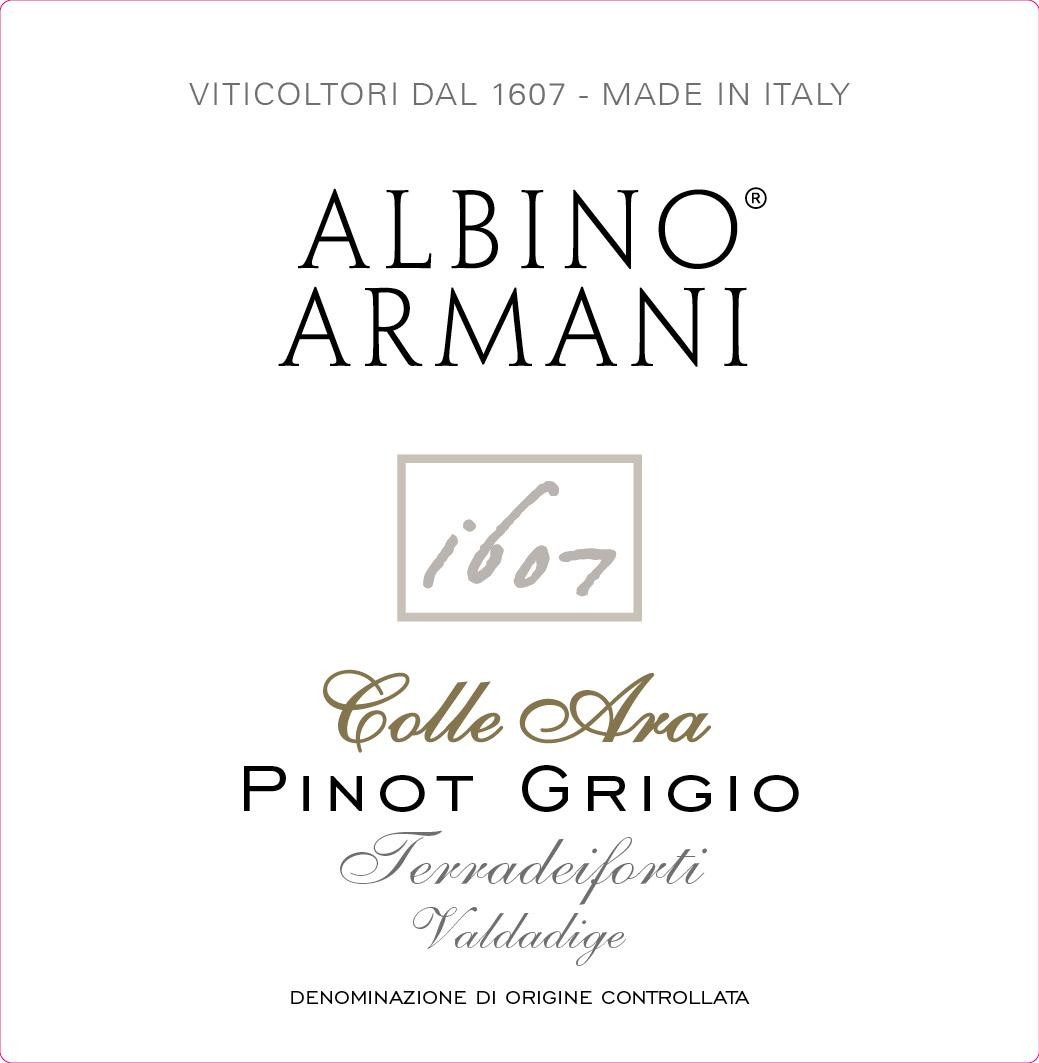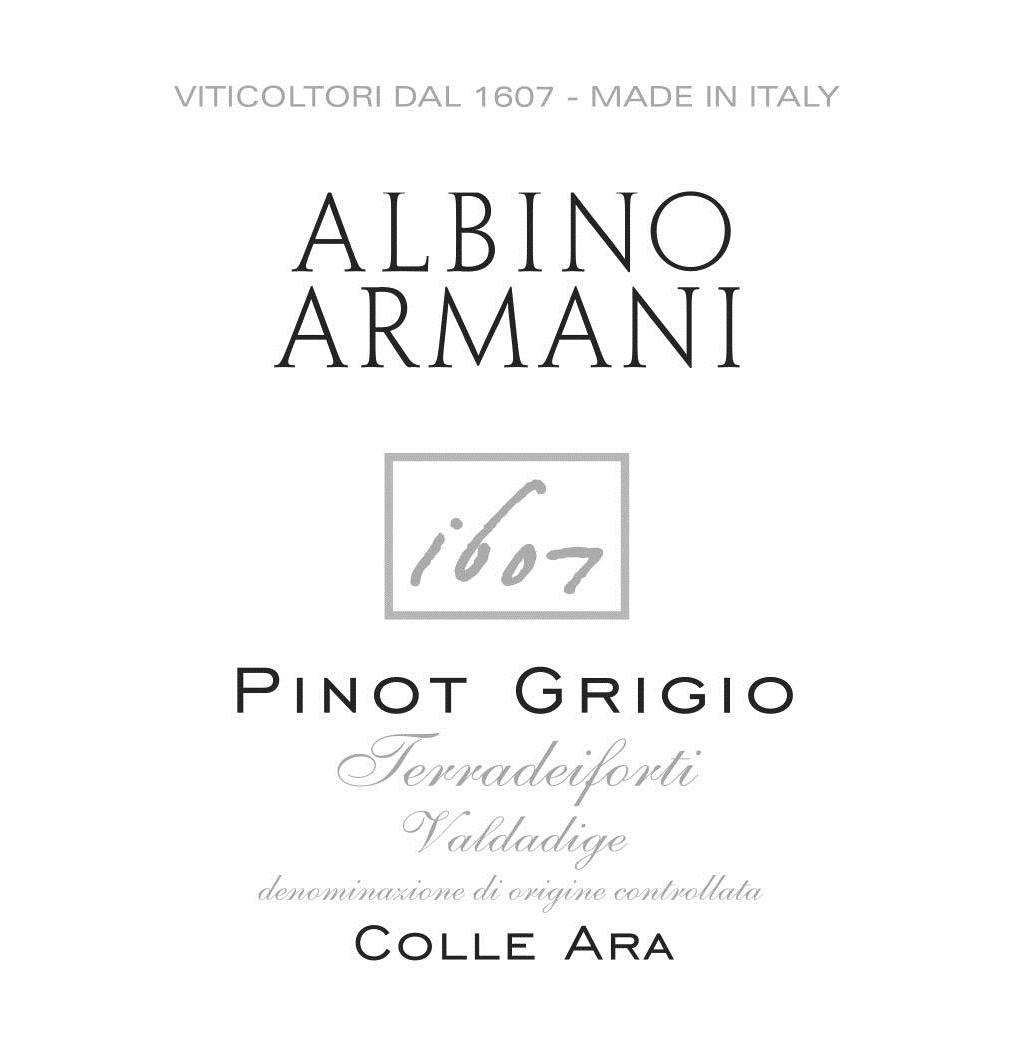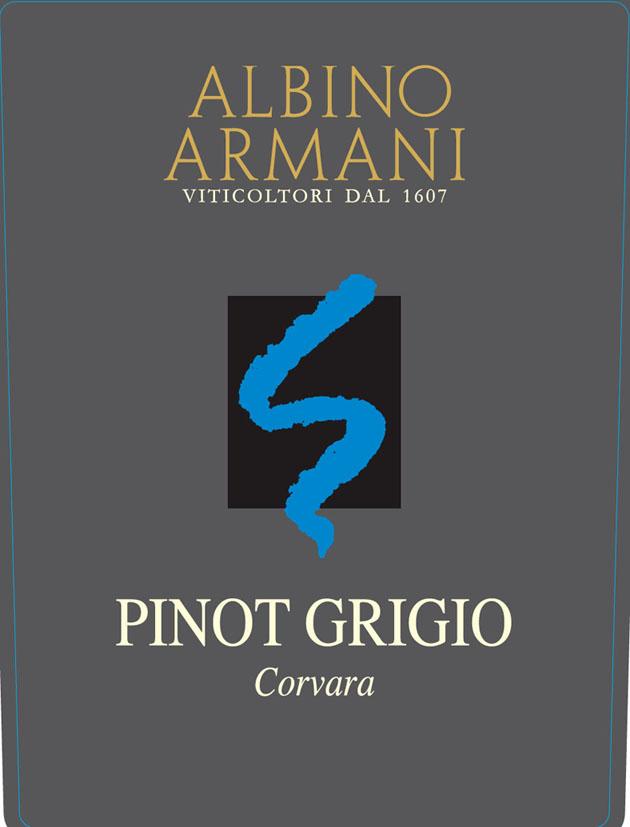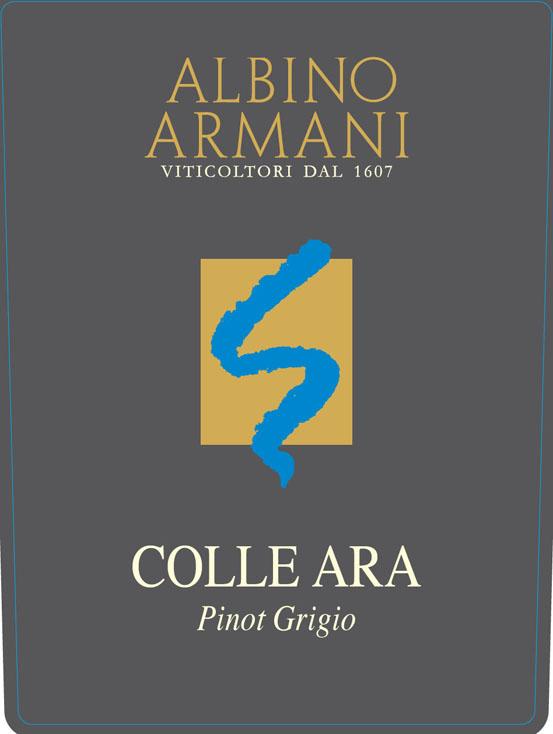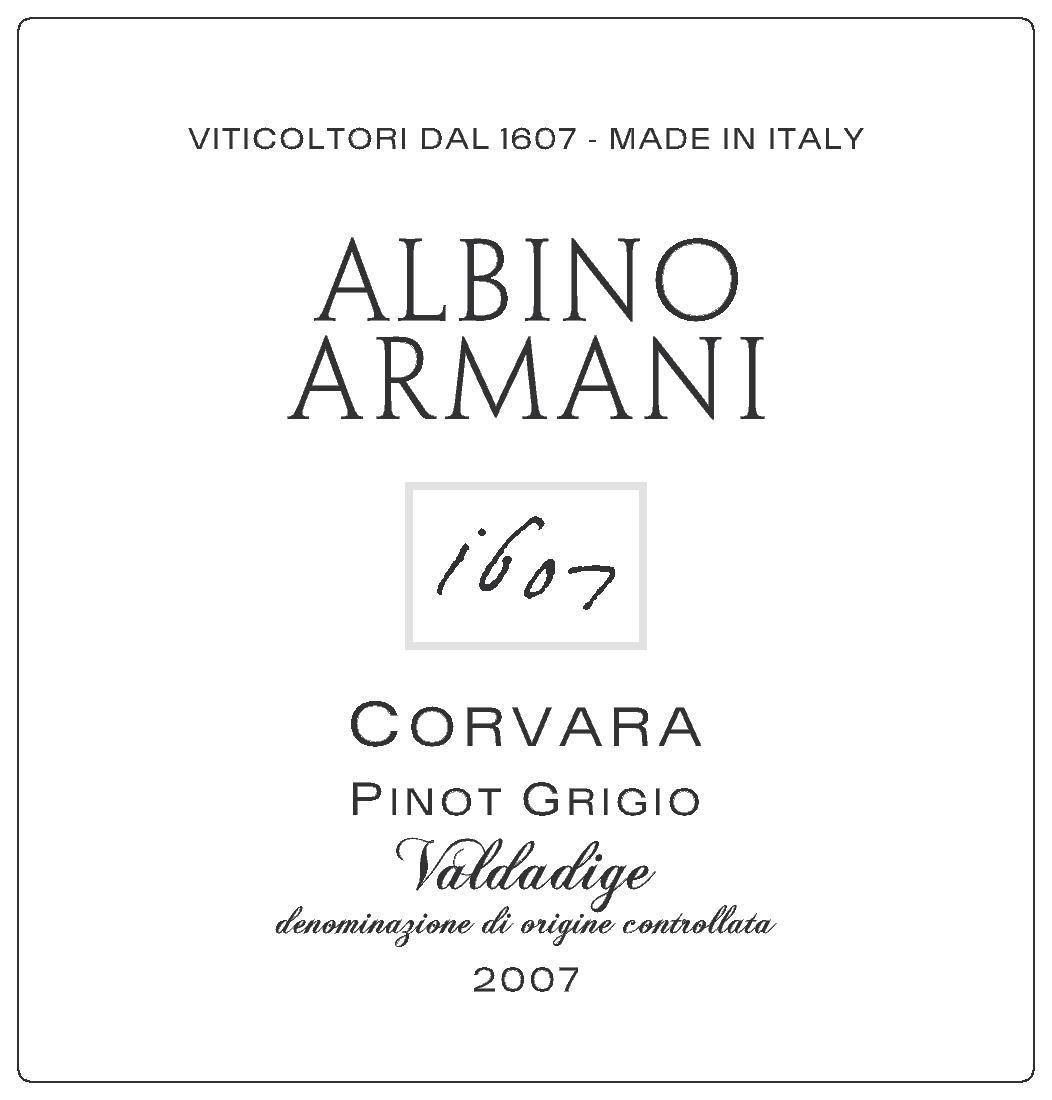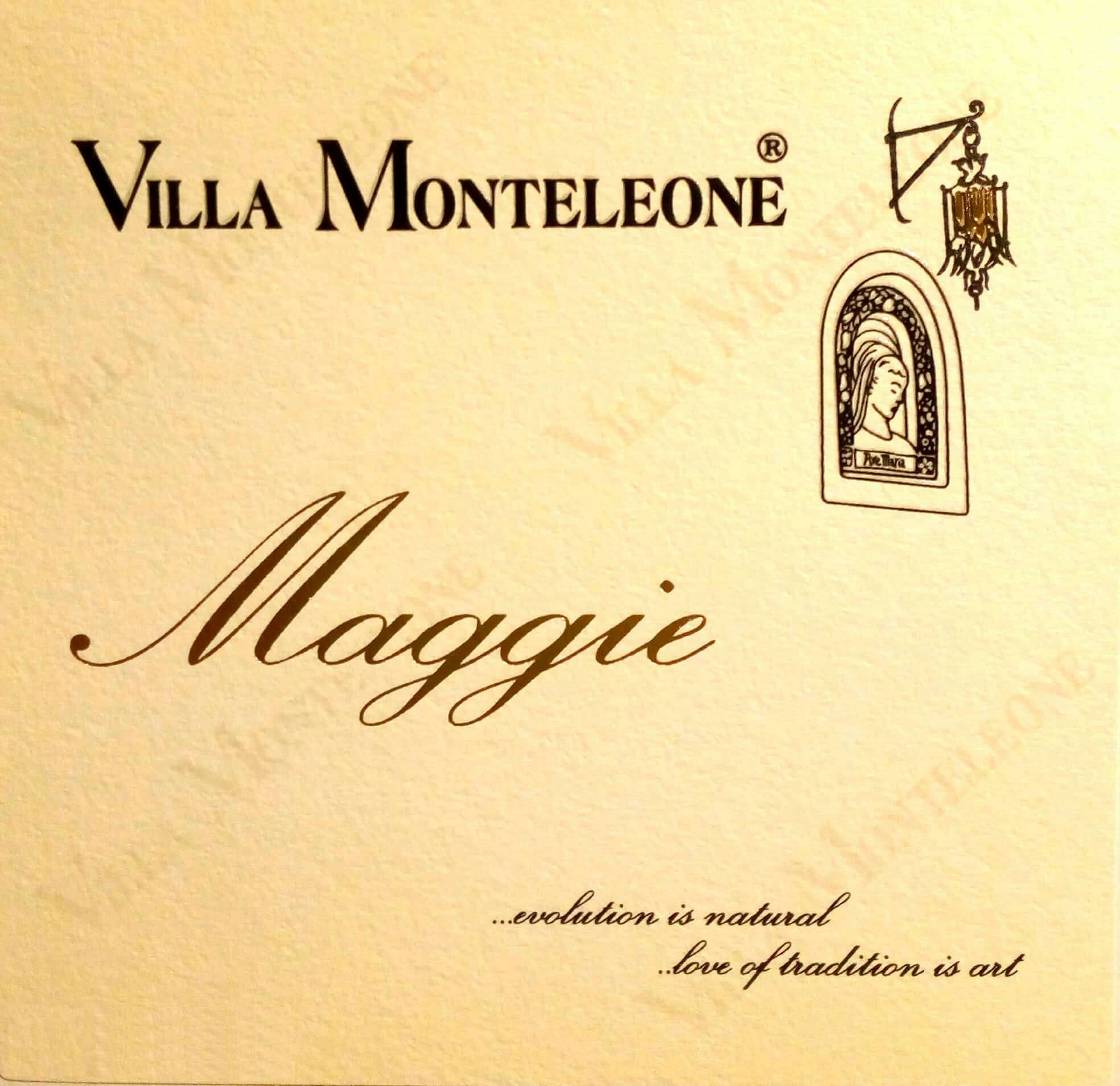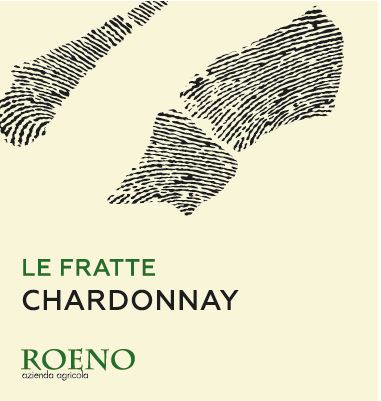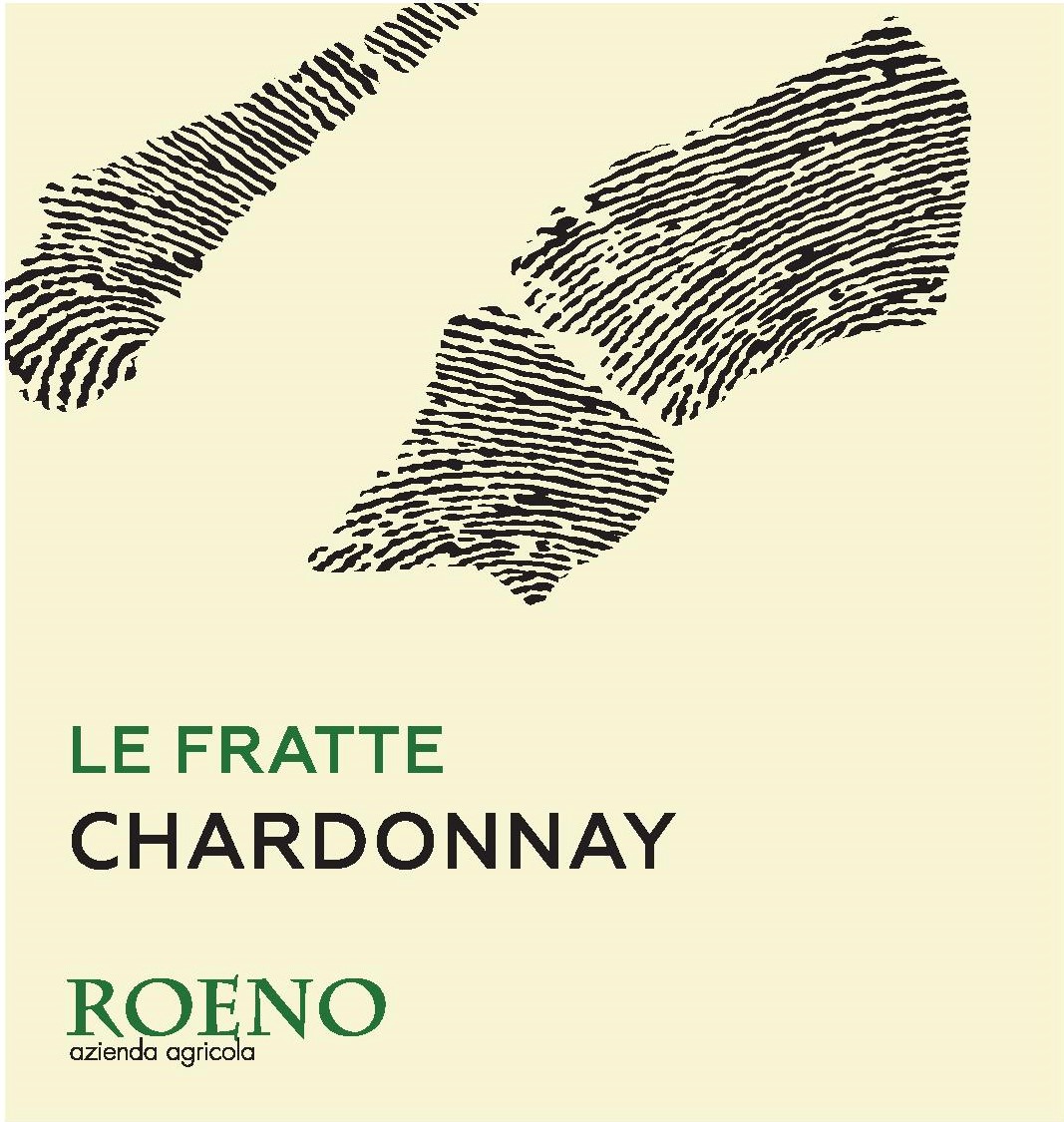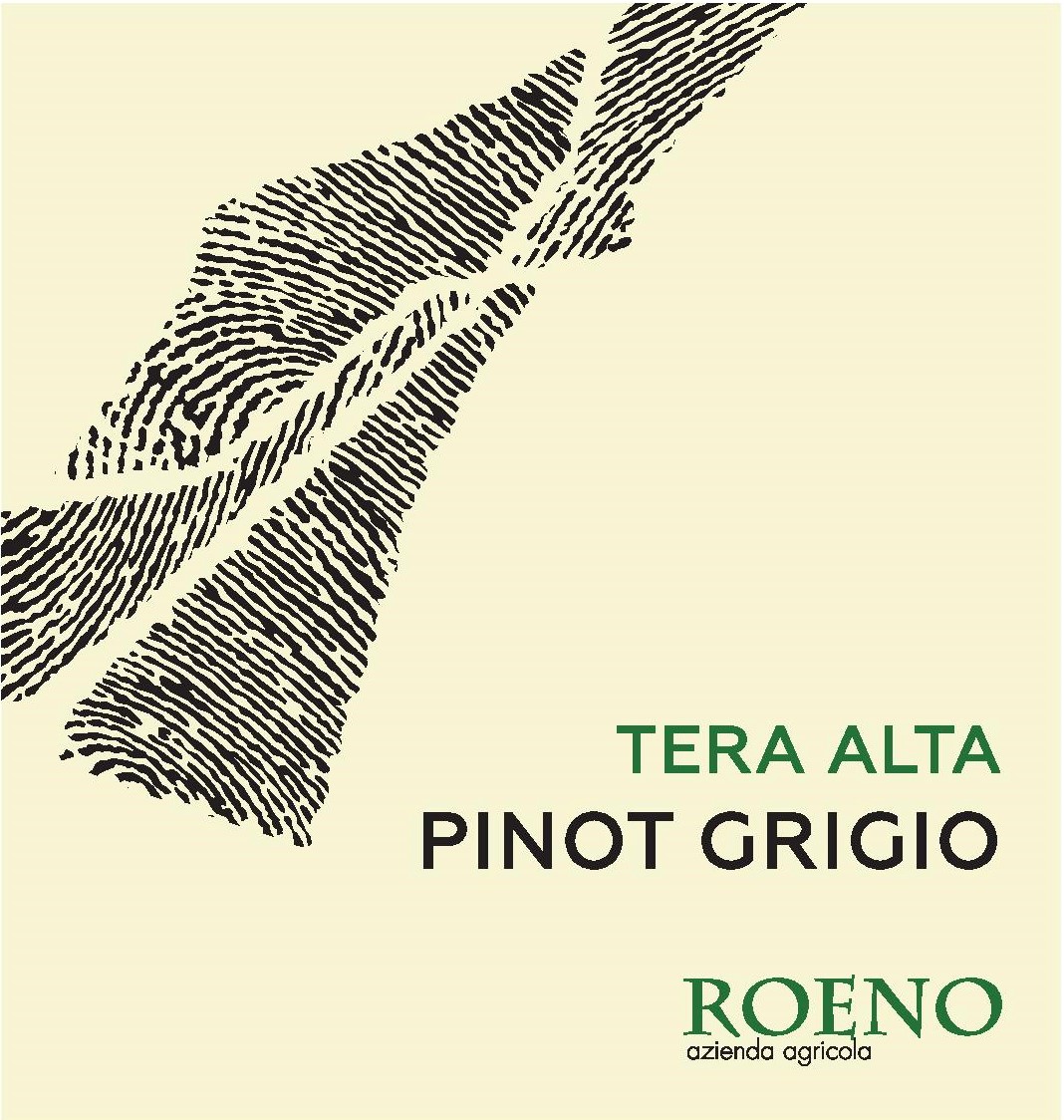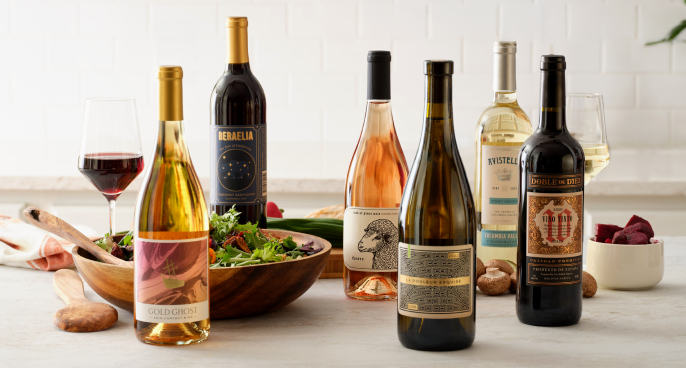Terroir of Valdadige
Valdadige, nestled in the Alpine Adige valley, enjoys a temperate continental climate. The region experiences warm, sunny summers with cool nights and cold winters. These temperature variations during the growing season help maintain the grapes' acidity and aroma. Moderate rainfall and dry breezes in spring and summer promote healthy vineyards.
The elevation, ranging from 250 to 800 meters, and varied slopes determine which grapes thrive. Higher, cooler areas are ideal for Pinot Bianco and Müller-Thurgau, while mid-slopes favor Pinot Grigio and Merlot. The mineral-rich soils, from glacial moraines to limestone and volcanic origins, enhance grape quality. Steep, calcareous slopes produce deeply rooted vines and robust reds, while river terraces offer aromatic whites with crisp mineral notes. This distinctive terroir gives Valdadige wines freshness, minerality, and precise fruit character.
Notable Wineries in Valdadige
Valdadige, a region steeped in tradition and innovation, is home to several notable wineries that exemplify the area’s vibrant winemaking. Here are a few standout producers:
-
Cantina Sociale Trento: A cooperative that captures the essence of Valdadige with its crisp Pinot Grigio and harmonious blends.
-
Agricola San Felice: Known for its dedication to indigenous varieties like Enantio, producing robust mountain reds.
-
Moser Family Wines: Celebrated for their elegant Chardonnay and commitment to sustainable viticulture.
These wineries, whether through large cooperative efforts or intimate family-run operations, contribute to the dynamic tapestry of Valdadige’s wine scene, offering visitors rich flavors and memorable experiences.
Sustainable Winemaking in Valdadige
Valdadige is a shining example of sustainable winegrowing, reflecting the eco-conscious ethos of Trentino-Alto Adige and Veneto. Many vineyards have adopted integrated and organic farming techniques, focusing on low-impact viticulture and fostering biodiversity. Practices such as mating disruption for pest control, careful soil management, and water conservation are common.
In the winery, efforts to reduce energy consumption and conserve resources are evident. Solar power, efficient lighting, water recycling, and lighter packaging are prominent. Minimal intervention winemaking is favored, using native yeasts and gravity-fed systems to lessen environmental impact. The overarching aim is to enrich soil health, maintain ecosystem balance, and enhance energy efficiency, ensuring the Valdadige region continues to produce its renowned fresh and aromatic wines while respecting the natural beauty of its Alpine landscape.
Wine Tourism in Valdadige
Valdadige, nestled in the Alpine landscape, offers a rich tapestry of wine tourism experiences. The Adige cycle path connects scenic wine routes, perfect for e-biking and hiking amidst vineyards and picturesque villages.
Visitors can explore cellar doors and tasting rooms, enjoying Valdadige wines in towns like Rovereto and Mezzolombardo. The region's cultural heritage shines through its castles and historic sites, often hosting food and wine events. Farmstays and mountain huts provide a taste of local cuisine, pairing wines with dishes like speck and polenta.
Year-round festivals celebrate the region's producers, offering vineyard walks and hands-on tastings. The combination of scenic beauty, cultural richness, and wine excellence makes Valdadige a captivating destination, where eco-conscious practices enhance the visitor experience while preserving the natural landscape.

